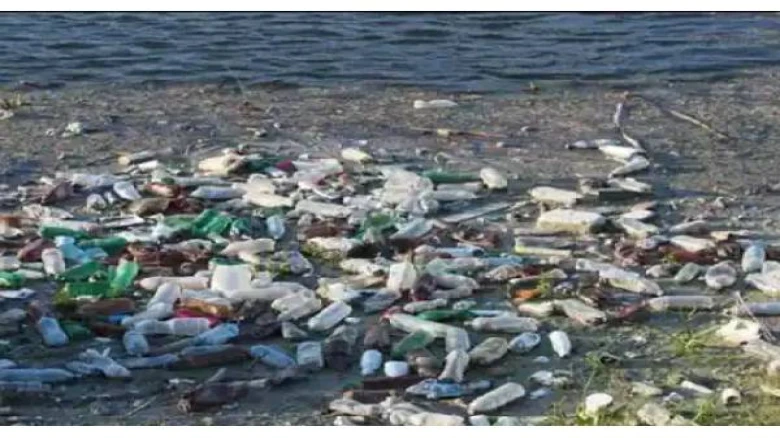Sports

For 90 days, the researchers incubated high and low-density polyethene plastic (the kind used in supermarket bags) in the water near Scripps Pier in La Jolla, Calif.
Digital Desk: Who would
ever have imagined that marine plastic waste might ever be beneficial? According
to a recent study, plastic contamination in the oceans could be a significant
source of novel antibiotics in the future. The study, which was published in
the journal 'American Society for Microbiology,' indicated that plastic waste,
which is high in biomass, could be a good option for antibiotic production in
natural habitats that are extremely competitive. While polluting the oceans is
bad for the ecology, experts estimate that between 5 and 13 million metric
tonnes of plastic pollution enter the oceans each year, ranging from massive
floating trash to microplastics that bacteria can use to construct entire
ecosystems.
bold">How can plastic pollution form antibiotics?
The
researchers adapted Dr Jo Handelsman's Tiny Earth citizen science approach to
marine circumstances to investigate the plastisphere's potential as a source of
new antibiotics.
color:#1C1A1A">For 90 days, the researchers incubated high and low-density polyethene
plastic (the kind used in supermarket bags) in the water near Scripps Pier in
La Jolla, Calif.
Following that, the
researchers recovered five antibiotic-producing bacteria from ocean plastic,
including Bacillus, Phaeobacter, and Vibrio strains. They tested the bacterial
isolates against a number of Gram-positive and Gram-negative targets and
discovered that they were efficient against both ordinary bacteria and two
antibiotic-resistant species.
"Given the
present antibiotic crisis and the advent of superbugs, it's critical to explore
for new sources of antibiotics," said Andrea Price of National University,
the study's principal author.
Andrea concluded,
"We intend to develop this experiment and further identify the
microorganisms and drugs they produce."
Leave A Comment